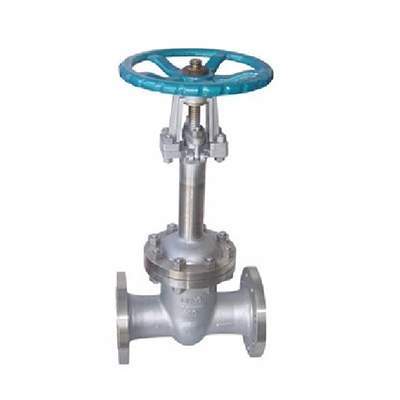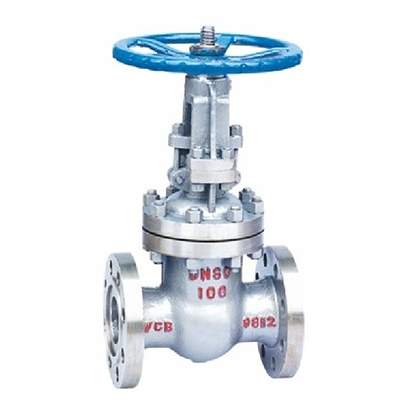Welcome to My Blog!
Before we dive into the content, I’d love for you to join me on my social media platforms where I share more insights, engage with the community, and post updates. Here’s how you can connect with me:
Facebook:https://www.facebook.com/profile.php?id=61563865935136
Now, let’s get started on our journey together. I hope you find the content here insightful, engaging, and valuable.
Introduction

When it comes to fluid control systems, choosing the right valve is essential for efficiency and reliability. If you need to buy gate valve for industrial, commercial, or municipal applications, understanding the different types and features will help you make the best decision. Gate valves are widely used in pipelines where minimal pressure drop and full flow capacity are required. Whether you are looking to buy gate valve for water, gas, or chemical processing, selecting the right one ensures durability and performance. This guide provides all the necessary information to help you buy gate valve that suits your specific needs.
What Is a Gate Valve?
A gate valve is a type of shut-off valve that controls fluid flow by raising or lowering a gate inside the valve body. This design ensures an unobstructed flow path when fully open, making it ideal for applications where minimal turbulence and pressure loss are critical. Many industries prefer to buy gate valve due to its durability, effective sealing, and versatility across different environments. If you are planning to buy gate valve, knowing how it functions and where it is best suited will make your purchase more effective.
Key Features of a Gate Valve
- Full bore design: Reduces pressure loss and enhances flow efficiency.
- Linear motion: Ensures smooth operation with minimal wear and tear.
- Tight shut-off: Offers excellent sealing performance, reducing leakage risks.
- Diverse materials: Available in cast iron, carbon steel, stainless steel, and more.
- Multi-turn operation: Prevents sudden pressure surges, making it safer for pipeline systems.
Types of Gate Valves
Before you buy gate valve, understanding the different types will help you choose the right one for your application. Each type has distinct characteristics that make it suitable for specific environments.
Rising Stem Gate Valve
- The stem moves upward when opening, providing a visible indication of the valve’s status.
- Preferred for applications where clear position identification is needed, such as water treatment plants.
Non-Rising Stem Gate Valve
- The stem remains stationary, making it ideal for underground or tight-space installations.
- Often chosen when you buy gate valve for municipal water distribution or fire protection systems.
Solid Wedge Gate Valve
- Features a single-piece wedge, offering excellent mechanical strength.
- A popular choice when you buy gate valve for high-pressure applications like oil and gas pipelines.
Flexible Wedge Gate Valve
- The gate has slight flexibility, allowing for better sealing under varying pressures.
- Frequently used in high-temperature applications where metal expansion must be accommodated.
Parallel Slide Gate Valve
- Uses two parallel discs for improved sealing performance.
- Often selected when industries buy gate valve for steam pipelines with high-pressure conditions.
Materials Used in Gate Valves
Selecting the right material is crucial when you buy gate valve. Different materials offer varying levels of durability, corrosion resistance, and pressure-handling capability.
| Material | Properties | Applications |
|---|---|---|
| Cast Iron | Cost-effective, durable, wear-resistant | Water supply, HVAC systems, municipal pipelines |
| Ductile Iron | Higher strength, corrosion-resistant | Municipal water, fire protection systems |
| Carbon Steel | High strength, temperature-resistant | Oil & gas, chemical processing, power generation |
| Stainless Steel | Corrosion-resistant, long-lasting | Food processing, pharmaceuticals, marine applications |
| Bronze | Resistant to corrosion and biofouling | Marine applications, low-pressure water systems |
When you buy gate valve, consider the fluid type, temperature, and environmental factors to ensure you choose the best material.
How to Buy Gate Valve: Key Selection Factors
If you are planning to buy gate valve, several factors must be evaluated to ensure a proper fit for your system. Failing to consider these aspects could lead to inefficiencies, increased maintenance costs, or even valve failure.
Valve Size and Pressure Rating
- The size of the valve should match your pipeline to prevent unnecessary flow restrictions.
- Ensure the pressure rating meets the requirements of your system to prevent operational failures.
End Connection Types
- Flanged: Ideal for industrial applications due to its secure and leak-proof connection.
- Threaded: Suitable for small-diameter piping where easy installation is necessary.
- Welded: Provides a permanent connection, ensuring no risk of leaks.
Temperature and Fluid Compatibility
- Verify that the selected material can withstand the temperature range of your system.
- Ensure the gate valve is compatible with the fluid type, whether it is water, oil, gas, or chemicals.
Operation Method
- Manual: Operated with a handwheel; common for systems that don’t require automation.
- Electric Actuator: Best when you buy gate valve for remote-controlled applications.
- Pneumatic Actuator: Used where quick opening and closing is required.
Installation and Maintenance Guide

Proper installation and maintenance help extend the lifespan of the valve after you buy gate valve. Incorrect installation may lead to leakage, inefficiencies, and higher maintenance costs.
Installation Tips
- Ensure the pipeline is clean before installation to avoid clogging.
- Align the valve properly to prevent stress on the pipeline.
- Use the correct gaskets and bolting for a secure, leak-proof connection.
- Test the valve function before operating it under full pressure.
Maintenance Best Practices
- Regularly inspect for leaks, corrosion, and wear to prevent failures.
- Lubricate moving parts to ensure smooth operation.
- Replace worn-out seals or gaskets promptly to maintain efficiency.
- Periodically operate the valve to prevent sticking due to long periods of inactivity.
Conclusion
When you buy gate valve, selecting the right type, material, and size ensures long-term reliability and efficiency. Whether you need a gate valve for industrial, commercial, or municipal use, making an informed decision will save costs and improve performance. If you are looking to buy gate valve with high durability and efficiency, contact us today for expert advice and top-quality solutions tailored to your specific needs. Let us help you find the perfect gate valve for your application!
FAQ
What are the benefits of choosing a gate valve?
Gate valves provide excellent shut-off capability with minimal pressure drop, making them ideal for systems that require full flow efficiency. Many industries prefer to buy gate valve due to its durability and reliable sealing.
What factors should I consider when I buy gate valve?
Consider the valve size, pressure rating, material compatibility, end connections, and operation method to ensure you select the right gate valve for your application.
Is a gate valve suitable for throttling?
No, gate valves are not recommended for throttling applications, as partial opening can cause wear and vibration, reducing their lifespan.
